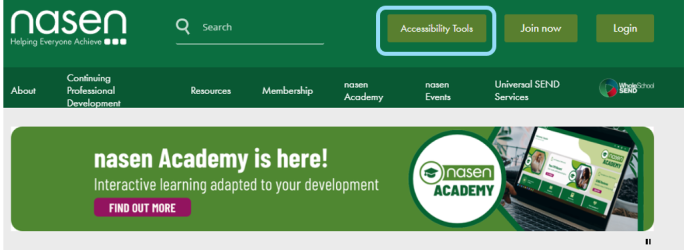
“Teaching: the new reality” report shines light on modern education
Education Support, the dedicated education mental health and wellbeing charity, have released a new report showing the reality of the role of teaching and the expanding responsibilities of modern education. “Teaching: the new reality” brings together a survey of over three thousand education staff working in the UK, an online poll of secondary teachers, views from focus groups of school teachers and senior leaders and a literature review, to understand how education has changed and the effects of this change on staff and pupils. The report highlights how the job of educators and schools has expanded to take on a much wider range of emotional support, pastoral care and practical support activities. Considering the backdrop of difficult funding, accountability and workload pressures, these additional tasks have also been exacerbated by the impact of the cost of living crisis and mental health challenges.
Figures from the research found that:
- 74% of staff often help pupils with personal matters beyond their academic work
- 69% have helped pupils with processing their emotions
- 41% have bought supplies (such as pens, bags) for pupils
- 33% reported helping pupils resolve a family conflict
- 10% bought pupils parts of their school uniform
Behind this is a decrease in the level of support that is on offer from other public services such as social workers, NHS, CAMHS, etc. The impact of this on staff wellbeing was researched and shown that 71% of all staff felt they were emotionally exhausted, which echoes the Health and Safety Executive report of 2022 that confirmed that education staff have a higher than average rate of work related stress. All of this has an impact on teacher retention and impacts further on workload due to absence. The report highlights how poverty has impacted with 20% of parents saying they are struggling to feed their children and schools dealing with the fallout on a daily basis with high demands on accountability. With demand on special school places outstripping demand, many mainstream schools are seeing children with more complex needs without necessarily greater resources.
This report offers recommendations for Government and policymakers that they consider can benefit the education system and future generations of children and young people:
- It’s time to decide whether schools are the front line of children’s services, or whether they are specialists in education.
- There must be well resourced services for children and families.
- Retention strategies need to be revisited in light of the new reality set out in this report and the attrition rate in the sector.
- Training frameworks should be updated to reflect the new reality of life in schools
- Schools in the least well-resourced areas of the four nations experience these issues more intensely than elsewhere.
- Policymakers need to listen closely to teachers and leaders currently working in ordinary (not extraordinary) schools, to ensure that policies are grounded in reality.










